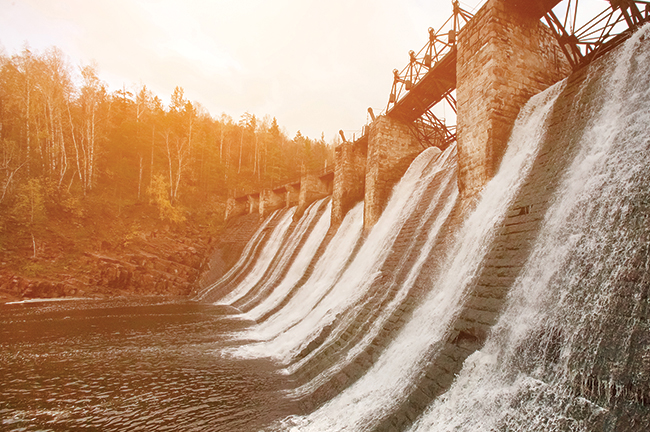Wastewater as Renewable Energy
We are gradually moving from past eras where infectious diseases were transmitted by human waste to an age where that same waste is quickly becoming a great benefit to mankind. A little knowledge, a big plan, and some basic education about an unsavory topic is all we need to do the trick. Take the example of the Rwandan prison.
In 2005 Rwanda received the Ashden Award for its pioneering work and practical solution to the age old problem of disposing of human waste. Their answer: don’t get rid of it, use it. And use it they do. Here’s how.
The Rwandan prisons are notoriously overcrowded creating the risk of epidemic outbreaks of disease from contact with human waste. Rwandan engineers recognized that simply dumping this waste in the nearby river would likely cause terrible bouts of dysentery and other infectious diseases, and they came up with a solution. Namely, collect and convert the waste, and then use it as a renewable energy source. How? It’s simple. More or less.
Instead of dumping the effluent in the local river, they collect and process it in a “digester” that uses bacteria to ferment the scat and release methane gas. The methane gas is then captured and burned as fuel to heat the facilities, provide electricity, and help in cooking. The “anaerobic biodigester” regulates the levels of bacteria and what started out as an unsafe and unsanitary situation is now converted into a recycling opportunity saving hundreds of thousands of dollars.
The end product of the fermenting and filtering process is called “biogas,” and it is swiftly becoming part of the world economy. Biogas is used to power trains in Sweden, heat homes in Asia, and provide electricity in many communities throughout the world. Its best use seems to be to power internal combustion engines for the production of electricity and then use the exhaust from those same engines to provide heating.
At Russell Reid, we are excited about the prospect of turning wastewater into renewable energy. In a world where energy is becoming scarcer and more costly by the day, isn’t it about time we got back to thinking about basics?


